
In suburban Buenos Aires, thirty unemployed ceramics workers walk into their idle factory, roll out sleeping mats and refuse to leave. All they want is to re-start the silent machines. But this simple act - the take - has the power to turn the globalization debate on its head. Armed only with slingshots and an abiding faith in shop-floor democracy, the workers face off against the bosses, bankers and a whole system that sees their beloved factories as nothing more than scrap metal for sale.
Similar titles

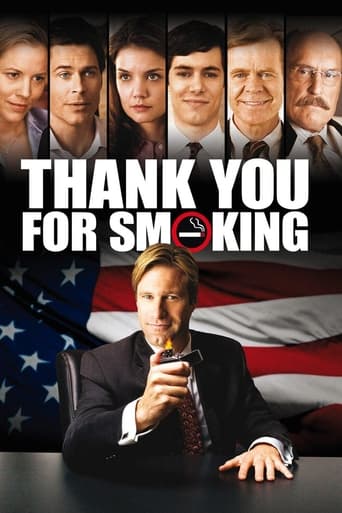

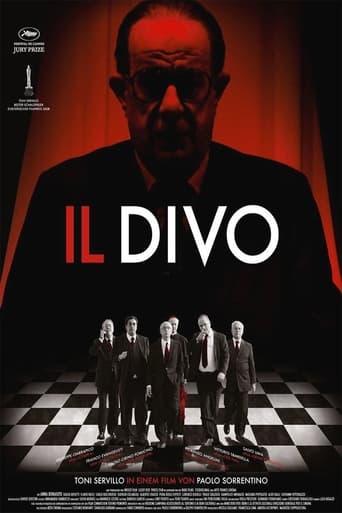
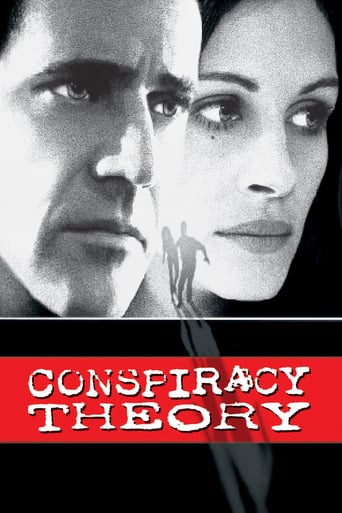
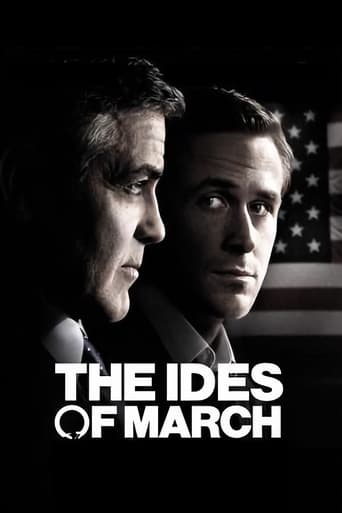
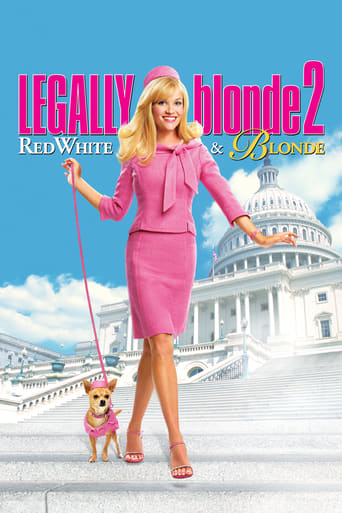
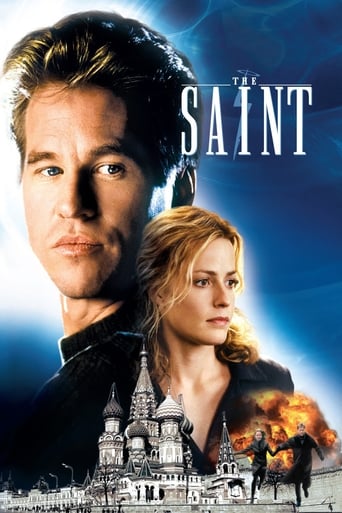
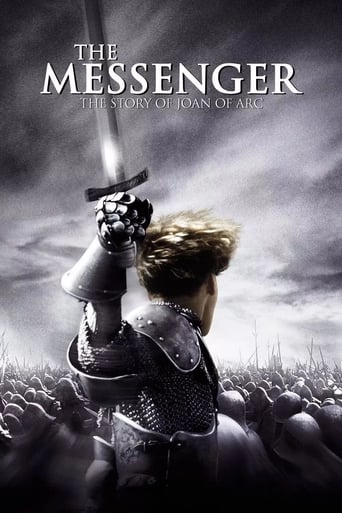

Reviews
Pretty Good
This story has more twists and turns than a second-rate soap opera.
There's no way I can possibly love it entirely but I just think its ridiculously bad, but enjoyable at the same time.
The film never slows down or bores, plunging from one harrowing sequence to the next.
Argentina has long been known as the land of the tango, and saw the growth of a large middle class under Juan Perón. Then, the South American country saw a complete economic collapse in 2001. "The Take", a documentary by Avi Lewis and Naomi Klein, focuses briefly on the neoliberal policies that caused the collapse, but is mostly about how Argentina's workers have resisted. A large number of workers have simply taken over the abandoned factories and formed cooperatives. I guess that I would've liked the documentary better had Lewis and Klein mentioned the progressive governments that were sweeping South America in the 2000s and how they were also a reaction to globalization. But otherwise it's a very good look at Latin America's resistance to neoliberalism. Another documentary focusing on South American resistance is Oliver Stone's "South of the Border", featuring interviews with Hugo Chávez, Rafael Correa, and other leftist leaders.
For folks of the leftist persuasion there's not really been a lot of cheerful stuff in the news for the past decade or three. The trouble with normal, as they say, is that it always gets worse. Most political documentaries are the same way -- something terrible is happening, the polemical narrator assures us, and other than the go-out-and-do-something last ten minutes of the film things are kind of universally bleak.The Take opposes all of that, and is the rare piece of media in which the revolution is not just a vague series of values but an actual practise, made up mostly of hard work and disagreement, but moving forward in a positive direction nonetheless. Avi Lewis and Naomi Klein aren't the slickest filmmakers in the world, but they know enough to get out of the way and let the incredible story before them unfold. One of the few documentaries -- one of the few films period -- that I've left feeling genuine hope, this is a must-see for anyone who believes (or wants to believe) that another world is possible.
This movie claims, that the situation it presents the viewers with could occur anywhere in the world and that the takeover of closed factories by their workers is a recipe against the negative effect of world wide globalization.The first assertion is clearly wrong. Argentina is a specific place with a specific history. Its industry was created to serve the home market. Peron's and later the Peronist's power base were the industrial workers whose unions were brought into line with strong arm tactics. Industry has always been a highly politicized affair in that country, it was protected from international competition for a very long time. Therefore nobody invested in the renewal of machinery, in the 1980s they still produced the Ford Falcon model of the 1950s (maybe they still do?). Pepole could always be sure that the export of agricultural produce would support an industry which was neither very productive nor competitive. I think oil producing Venezuela and Iran are in a similar position today (in the way politics, economics and ideologies are mixed together). President Menem incidentally a Peronist brought to power as the champion of the little man lifted the protective shield and brought to light the frailty of the legal as well as the economical and social system of Argentina. No wonder many businesses collapsed, leaving huge debts behind.It defies belief that the adversaries of globalization just think that by putting the lid back on, returning to a protected market, everything will be well. This would neither create fairer conditions nor would it secure more equality or welfare for the future.For the second assertion the movie surprises with a disconcerting lack of proof. Very little is explained. How do these enterprises pay for raw materials? Where are their markets? How do they find customers? Do they make a profit? Most of these questions are not even addressed although they are essential if the model" should work. And as much as one can understand the outrage of seeing people willing to work being forced from their place of employment, there are some legal issues which should have been considered. If I understood it right, the workers took the bankrupt factories lock, stock and barrel, leaving the accumulated debts to who? Mustn't there be some losers around somewhere? Isn't this part of the time-honed Argentine tradition of eating the cake before having it? I regret to say that I found this movie overly romantic and simplistic. It fails to deliver what it promises to do at the outset.
This movie helps progressive people address one of the main criticisms of the right and capitalists: what would you do differently if capitalism and globalization is so bad? Argentina was a country where public utilities had been sold off and money fled the country. Factories were left empty, owing millions of dollars in taxes to various levels of government. The workers thought: we don't have jobs, so we can't buy things for our families. There are no jobs, because people aren't buying things for their families. So they broke the cycle, and with government approval (eventually) occupied the factories and just started producing items for themselves and their neighbors. The co-operative/collectivist movement in Argentina flourished.The movie shows it was far from easy, and there are many hurdles left to overcome for this country and its people. But it's a hopeful message that if you buy locally, use locally produced services and products produced "locally", you create a viable economic cycle that enriches everybody. You may not have $40 microwaves produced someplace else on the other side of the world, but instead you get a quality product produced by your neighbour, that doesn't require the expense and waste of trans-global shipment. Then, the makers of cheap microwaves will be forced to pay their workers more in order to create a local/national market for their products, rather than using slave labour and shipping the products overseas to the "first world".Okay, I'm off my soap box. Well done movie with real emotion and appeal.
Top Streaming Movies












